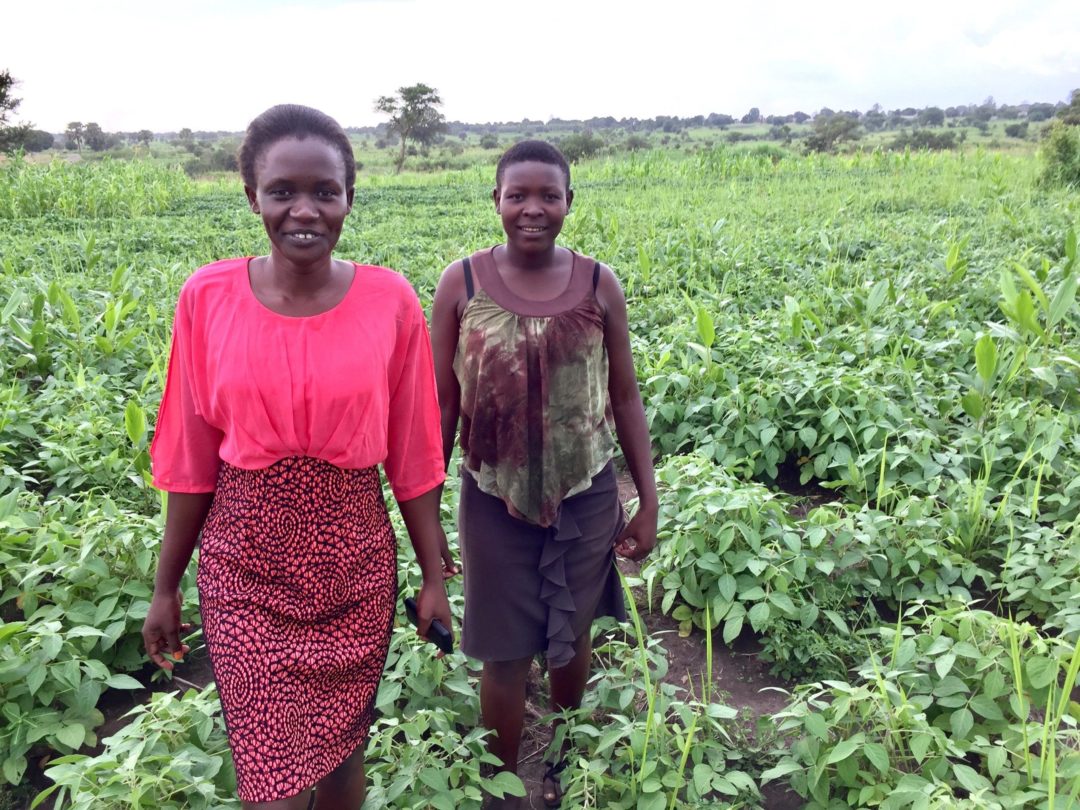 Blogs
Blogs
March 7, 2022 • 4 min read
It is vitally important that we #BreakTheBias, and that women should be part of the decision-making process at local, national and international levels regarding allocation of resources in times of crisis and at all times.
In this year of growing humanitarian crises, we need to be more focused than ever to promote and achieve a world free from bias, stereotype and discrimination – one that is diverse, equitable and inclusive. International Women’s Day, with its theme of #BreakTheBias, is an opportunity to reflect on what can be done towards that.
For women living in the Global South, achieving these aims is even more urgent. We need to ensure that women are empowered to effectively respond to and survive crises such as conflict, climate change and the impact of Covid-19, especially in some of the world’s most vulnerable communities, where GOAL works.
Women represent the majority of the world’s poor. In the world’s poorest countries, people’s livelihoods often depend on natural resources which are increasingly threatened by climate change. As a result, women are less able to carry out sustainable livelihoods which are resilient to shocks like climate induced disasters. To exacerbate this, the global impact of Covid-19 has served to widen the gender gap. UN Women survey results show that women have lost their livelihoods faster than men as a result of the pandemic and have fewer alternatives to generate income.
To build resilience to shocks such as conflict, climate change and Covid-19, women and girls need to live free from bias. They need to be supported, heard and elevated to a place at the table that is rightly theirs and to be able to take control of their futures.
Financial Independence and Empowerment
In countries across Africa, the Middle East and Latin America, GOAL teams work with over 7 million women and set up and adapt initiatives to help support them to cope with the impact of increasing shocks. Finding climate-smart, sustainable sources of income is one effective way to reduce the impact of climate change for women and their families.

Farmer Stella Akwero with Catherine Aloyo, a field advisor, in Puranga, Northern Uganda, where GOAL is working with female farmers to strengthen agricultural market systems.
In one of the world’s poorest countries, Niger, GOAL has focused on supporting women’s empowerment through access to and control over climate smart household farms, so women can be agents of change in improving family nutrition and income. This can be lifesaving, especially during increasingly long dry seasons as a result of climate change. GOAL has also facilitated village savings and loans associations to support women’s financial literacy and inclusion. This has enabled the women to make decisions regarding the use of earned income to support investment in household and community wellbeing.
In Honduras, a women-led honey-producing cooperative has grown with GOAL’s support, going from an informal business to a thriving company which brings sustainable livelihoods to marginalised indigenous communities.
Elsewhere, in Uganda, a country with one of the youngest populations in the world, thousands of young women are being trained in farm enterprise management, as well as being linked with market partners and microfinance institutions. The innovative Young Africa Works project aims to provide over 200,000 young women with the skills needed to establish and run sustainable businesses, including farms, processing enterprises and supply businesses. The use of climate-smart techniques and inputs ensures that farmers have the best chance of reducing the impact of climate change.
Humanitarian interventions like these won’t stop shocks like conflict, climate change and pandemics from happening, but they will enable women and girls to better respond and reduce negative impacts of them.
Meaningful Inclusion
While we continue to wait for the international community to act effectively on climate and an equitable international response to Covid-19, and as conflict dominates headlines, the focus must also be on ensuring women and their communities are best prepared for shocks and stresses.
From loss of life and livelihoods as a result of climate change, to conflict and the impact of Covid-19, women bear the brunt of shocks and disasters. It is vitally important that we #BreakTheBias, and that women should be part of the decision-making process at local, national and international levels regarding allocation of resources in times of crisis and at all times. We cannot effectively respond to increasing crises and global issues without meaningfully including the voice of women and girls.
